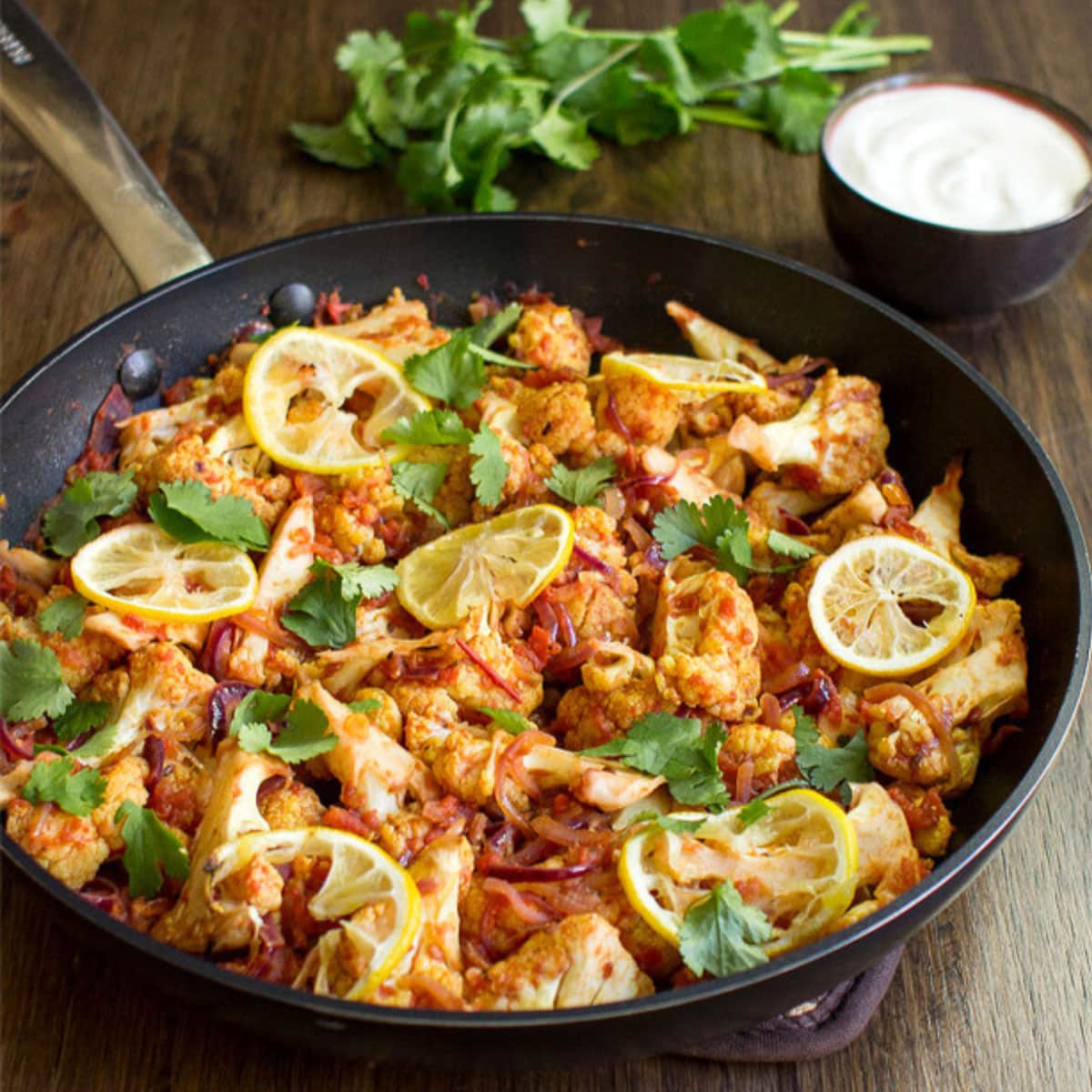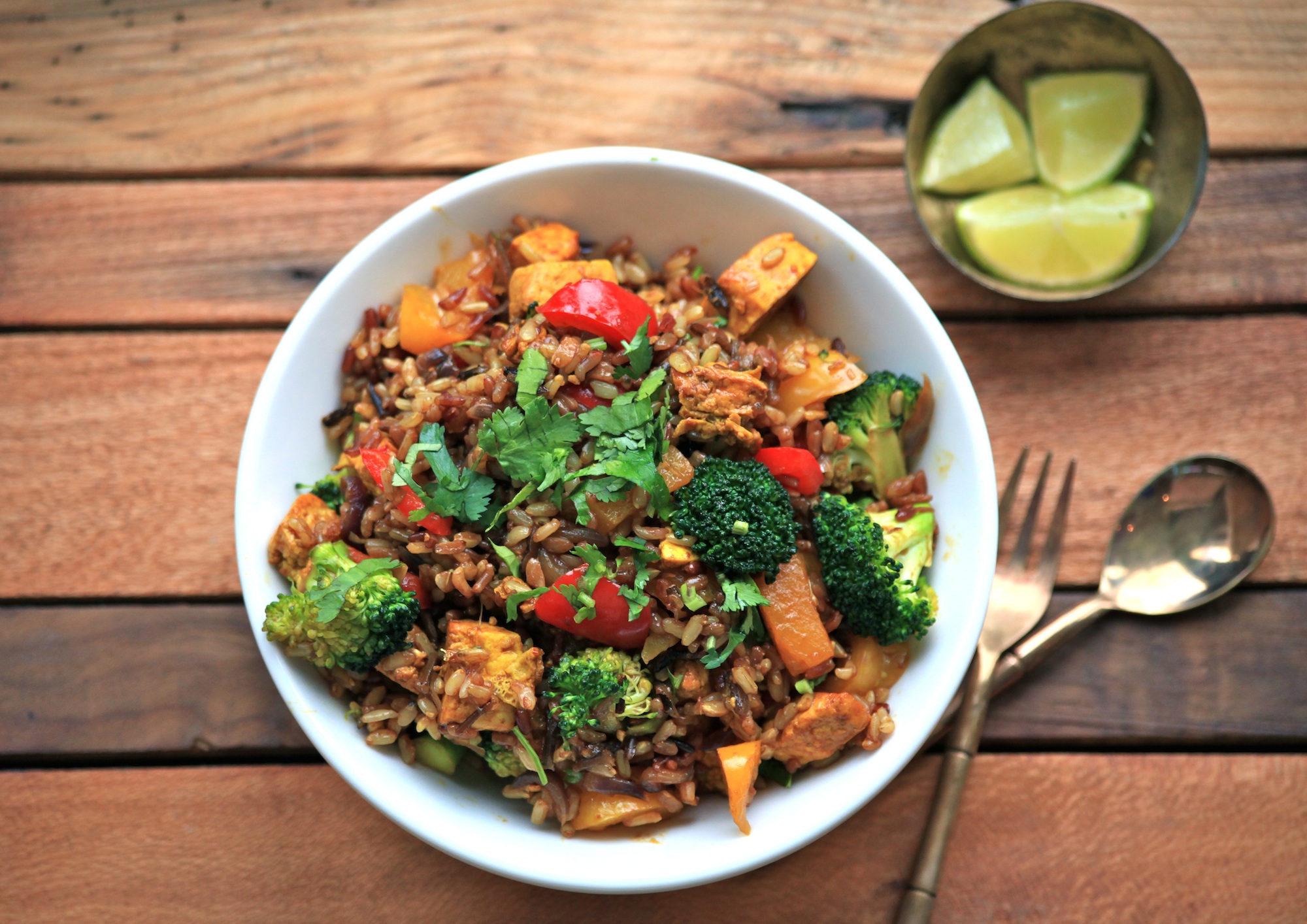Welcome to the world of healthy vegan Indian cuisine, a culinary journey that promises to tantalize your taste buds and nourish your body with the goodness of plant-based ingredients. Indian cuisine is renowned for its vibrant flavors, aromatic spices, and diverse dishes, and a vegan interpretation of this culinary heritage opens up a realm of delectable possibilities.
In this comprehensive guide, we will delve into the nutritional benefits of a vegan Indian diet, explore popular vegan Indian dishes that showcase the richness of this cuisine, and provide you with essential tips for cooking healthy and flavorful vegan Indian food.
Let’s embark on this culinary adventure and discover the vibrant tapestry of flavors that await.
Nutritional Value of Vegan Indian Cuisine
Vegan Indian cuisine offers a plethora of health benefits due to its emphasis on plant-based ingredients, which are rich in essential nutrients and antioxidants. A vegan Indian diet can promote overall well-being and reduce the risk of chronic diseases.
The table below compares the nutrient content of vegan Indian dishes to traditional Indian dishes:
| Nutrient | Vegan Indian Dishes | Traditional Indian Dishes |
|---|---|---|
| Calories | Lower | Higher |
| Fat | Lower | Higher |
| Saturated Fat | Lower | Higher |
| Cholesterol | 0 mg | High |
| Protein | Moderate | Moderate |
| Carbohydrates | Moderate | Moderate |
| Fiber | Higher | Lower |
| Vitamins | Rich in vitamins A, C, and E | Lower in vitamins A, C, and E |
| Minerals | Rich in iron, calcium, and potassium | Lower in iron, calcium, and potassium |
| Antioxidants | High | Lower |
Health Benefits of a Vegan Indian Diet
- Reduced Risk of Heart Disease: Vegan Indian dishes are typically lower in saturated fat and cholesterol, which can help lower blood pressure and reduce the risk of heart disease.
- Improved Blood Sugar Control: Vegan Indian cuisine often features whole grains, legumes, and vegetables, which are high in fiber and can help regulate blood sugar levels.
- Reduced Risk of Obesity: Vegan Indian dishes are typically lower in calories and fat than traditional Indian dishes, which can help promote a healthy weight.
- Improved Gut Health: Vegan Indian cuisine is rich in fiber, which can help promote a healthy gut microbiome and improve digestive health.
- Boosted Immunity: Vegan Indian dishes are rich in vitamins, minerals, and antioxidants, which can help boost the immune system and protect against infections.
Popular Vegan Indian Dishes
Vegan Indian cuisine offers a delectable array of flavorful and nutritious dishes that cater to a plant-based lifestyle. From aromatic appetizers to hearty entrees and delectable desserts, the culinary landscape of vegan Indian food is as diverse as it is delicious.
Appetizers
Vegan Indian appetizers tantalize the taste buds with their vibrant flavors and textures. Samosas, crispy pastries filled with spiced potatoes, peas, and herbs, are a popular choice. Pakoras, vegetable fritters dipped in a chickpea batter and fried until golden brown, offer a delightful crunch.
Aloo Tikki, pan-fried potato patties seasoned with aromatic spices, provide a savory and satisfying start to any meal.
Entrees
Vegan Indian entrees showcase the versatility of plant-based ingredients. Chana Masala, a classic dish featuring chickpeas simmered in a creamy tomato-based sauce, is a hearty and comforting meal. Aloo Gobi, a combination of potatoes and cauliflower cooked in a flavorful blend of spices, offers a delightful interplay of textures.
Dal Makhani, a lentil-based dish slow-cooked with kidney beans, tomatoes, and spices, is a rich and satisfying option.
Desserts
Vegan Indian desserts provide a sweet ending to any meal. Gulab Jamun, soft and spongy milk solids dumplings soaked in a sweet syrup, is a popular choice. Jalebi, deep-fried batter soaked in sugar syrup, offers a crispy exterior and a chewy interior.
Rasmalai, delicate cheese dumplings served in a creamy, saffron-infused milk sauce, provides a rich and indulgent treat.
Vegan Substitutions for Traditional Indian Ingredients
Indian cuisine offers a vast array of flavors and textures, but many traditional recipes rely on animal-based ingredients. For vegans seeking to enjoy the delights of Indian cooking, there are numerous plant-based alternatives available.
Dairy Substitutes
Dairy is commonly used in Indian cooking, but vegans can easily substitute it with plant-based options like:
- Unsweetened almond milk or cashew milk for milk
- Coconut cream or silken tofu for yogurt
- Vegan butter or olive oil for ghee
- Nutritional yeast for a cheesy flavor
Meat Substitutes
Indian cuisine often features meat-based dishes, but vegans can use plant-based proteins like:
- Tofu, tempeh, or seitan for paneer or chicken
- Lentils, beans, or chickpeas for ground meat
- Mushrooms or eggplant for meaty textures
Egg Substitutes
Eggs are used in some Indian dishes, but vegans can use alternatives like:
- Mashed banana or flaxseed meal for binding
- Aquafaba (chickpea water) for whipping
- Silken tofu or chia seeds for egg replacers
Incorporating these vegan substitutes into traditional Indian recipes is relatively straightforward. Simply replace the animal-based ingredients with the appropriate plant-based alternative and adjust the seasonings as needed. With a little experimentation, vegans can enjoy the full spectrum of flavors and textures that Indian cuisine has to offer.
Meal Planning and Recipe Ideas

Meal planning is an essential aspect of a healthy lifestyle, especially for those following a vegan diet. A well-planned meal plan ensures that you consume a balanced and nutritious diet, meeting all your essential nutrient requirements. Here’s a sample vegan Indian meal plan for a week, along with recipe ideas, nutritional information, and cooking instructions:
Breakfast
- Oats Upma: A hearty and protein-rich breakfast made with oats, vegetables, and spices.
- Vegan Paratha with Chutney: A traditional Indian flatbread stuffed with vegetables or lentils, served with chutney.
Recipe: – Cook oats in water or plant-based milk. – Add chopped vegetables like tomatoes, onions, and bell peppers. – Season with cumin seeds, mustard seeds, turmeric, and salt. – Top with coriander leaves and a squeeze of lemon juice.
Nutritional Information: – Calories: 250-300 – Protein: 5-6 grams – Fiber: 5-6 grams
Recipe: – Make a dough using whole wheat flour, salt, and water. – Stuff the dough with a mixture of mashed potatoes, peas, and spices. – Roll out the stuffed dough into parathas and cook on a hot skillet.
– Serve with chutney or yogurt.
Nutritional Information: – Calories: 250-300 – Protein: 5-6 grams – Fiber: 4-5 grams
Tips for Cooking Healthy Vegan Indian Food
Cooking healthy and flavorful vegan Indian food requires careful attention to ingredients and cooking techniques.
Here are some tips to help you create delicious and nutritious vegan Indian dishes:
Minimize Oil and Salt Intake
- Use low-fat cooking methods such as grilling, baking, or steaming instead of frying.
- If you do use oil, choose healthy options like olive oil, coconut oil, or avocado oil.
- Use low-sodium vegetable broth or water instead of salt when cooking.
- Add flavor to your dishes with herbs, spices, and citrus instead of salt.
Incorporate More Vegetables and Legumes
- Use a variety of vegetables in your dishes, including leafy greens, cruciferous vegetables, and root vegetables.
- Add legumes such as lentils, beans, and chickpeas to your curries, soups, and stews.
- Use vegetables as a base for your dishes instead of meat or dairy.
Use Whole Grains and Healthy Fats
- Use whole grains like brown rice, quinoa, or barley instead of refined grains.
- Add healthy fats to your dishes with nuts, seeds, and avocados.
- Use plant-based milk and yogurt instead of dairy.
Use Fresh and Seasonal Ingredients
- Use fresh and seasonal ingredients whenever possible.
- Fresh ingredients are more flavorful and nutritious.
- Seasonal ingredients are more affordable and sustainable.
Cook in Batches and Freeze
- Cook in batches and freeze leftovers for quick and easy meals.
- This will save you time and money.
- It will also help you avoid food waste.
Outcome Summary

As we conclude our exploration of healthy vegan Indian food recipes, we can confidently say that this culinary tradition offers a treasure trove of flavors and nutritional benefits. Whether you are a seasoned vegan, a curious culinary explorer, or simply seeking to incorporate more plant-based meals into your diet, vegan Indian cuisine is an incredible journey waiting to be savored.
Embrace the vibrant spices, the wholesome ingredients, and the delectable dishes that await you. Happy cooking and bon appétit!
Common Queries
What are some popular vegan Indian dishes?
Popular vegan Indian dishes include Samosas, Pakoras, Aloo Gobi, Chana Masala, Dal Makhani, Vegetable Biryani, and Vegan Korma.
How can I make vegan substitutions for traditional Indian ingredients?
Common vegan substitutions for dairy include coconut milk, almond milk, and cashew cream. For meat, tofu, tempeh, and seitan are excellent options. Eggs can be replaced with flaxseed or chia seed eggs.
What are some tips for cooking healthy vegan Indian food?
Use heart-healthy oils like olive oil or canola oil, reduce the amount of salt, incorporate more vegetables and legumes, and experiment with different spices and herbs to create flavorful dishes.
